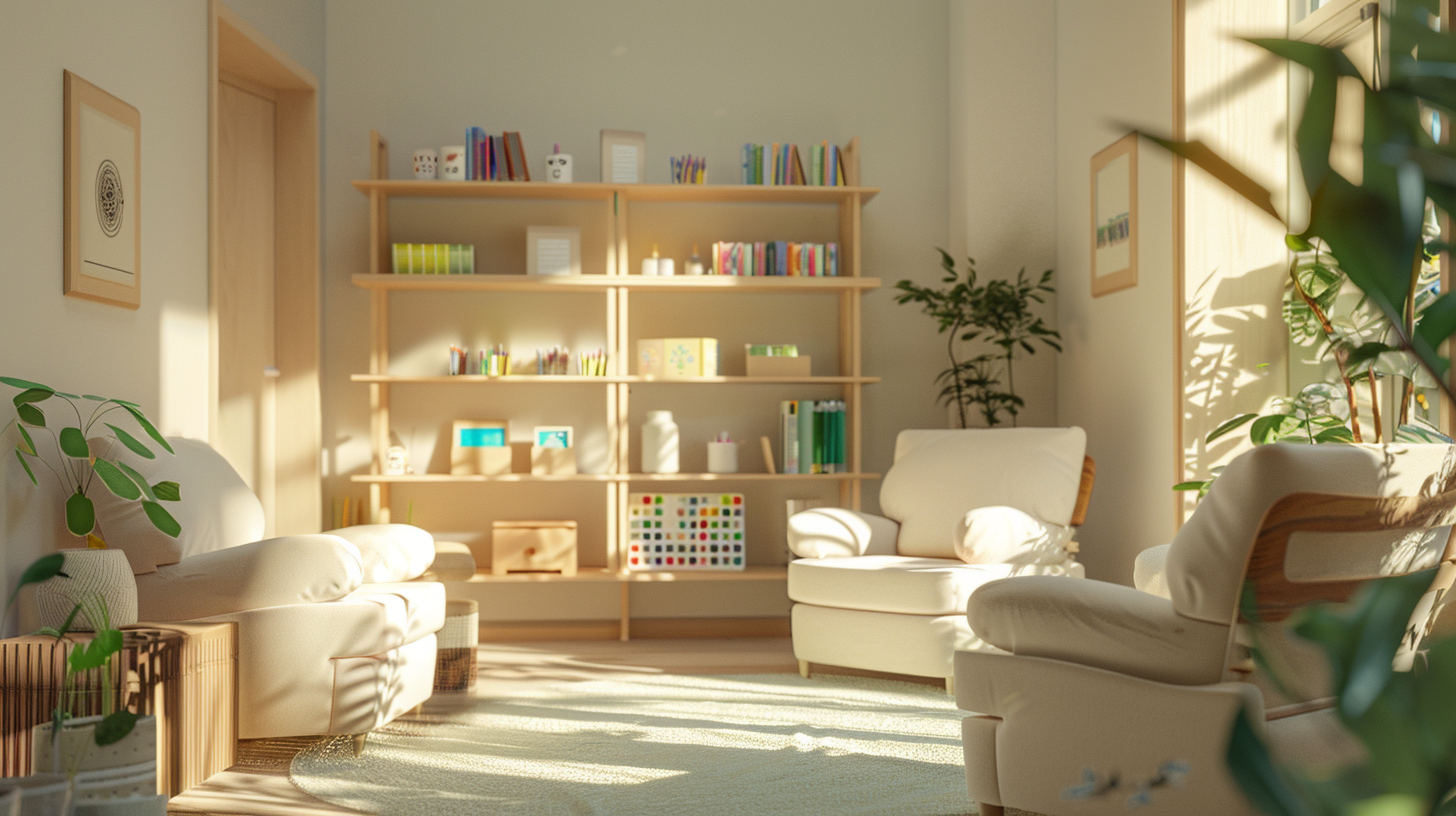
Aged 0-26 Year Old Psychotherapy
Psychotherapy Support from Birth to Early Adulthood
I offer specialist psychoanalytic psychotherapy for individuals aged 0 to 26, tailored to meet the emotional and developmental needs of each stage of life. My work includes parent-infant psychotherapy, therapeutic play with younger children, and talking therapy with adolescents and young adults.
In psychoanalytic psychotherapy, the emotional experience of the child or young person is central, as well as how they think about and relate to the world around them. The therapeutic process focuses on the relationship that develops between the child or young person and the psychotherapist. Over time, this allows trust to form and meaning to emerge around troubling feelings, behaviours, or relational difficulties. For many, this brings relief from painful emotional states and helps them understand themselves and others in new, healthier ways.

Who It’s For
Psychotherapy is suitable for those struggling with a wide range of emotional, relational, and developmental difficulties. These may include:
Moderate to severe depression (NICE-recommended treatment)
Persistent anxiety, phobias, or emotional distress
Attachment disorders or early relational trauma
Complex and co-morbid presentations linked to early loss or trauma
Somatic or psychosomatic symptoms (e.g. chronic pain with no medical cause)
Neurodiverse presentations including ADHD/ASD-type traits
Eating disorders, body image issues, or body dysmorphia
Gender identity development
Bereavement or unresolved grief
Difficulties related to parental separation or family breakdown
Challenges in parent-infant relationships in the perinatal period
Emotional distress in Looked After or Adopted Children, including foster or kinship care
My Approach
I draw on over a decade of experience across NHS CAMHS, LAC, and Parent-Infant Mental Health services. Therapy is always developmentally informed and adapted to the needs of the individual.
For infants and young children, work may involve reflective sessions with parents/carers using observation and play.
For adolescents and young adults, therapy provides a consistent, safe, and confidential space to think deeply about emotional experiences. Looking for something focused on teenagers? Explore Adolescent Psychotherapy
Frequency and structure of sessions are tailored in consultation with the family or young person, taking clinical need and context into account.

Why Psychoanalytic Psychotherapy?
Psychoanalytic psychotherapy aims to understand the root of emotional difficulties, not just manage symptoms. It looks beneath the surface to understand how a child or young person makes sense of themselves and their relationships. This deeper understanding can promote lasting emotional growth and psychological resilience.
To learn more about psychotherapy for children, young people, and families, visit the Association of Child Psychotherapists.
Looking for something focused on teenagers? Explore Adolescent Psychotherapy




